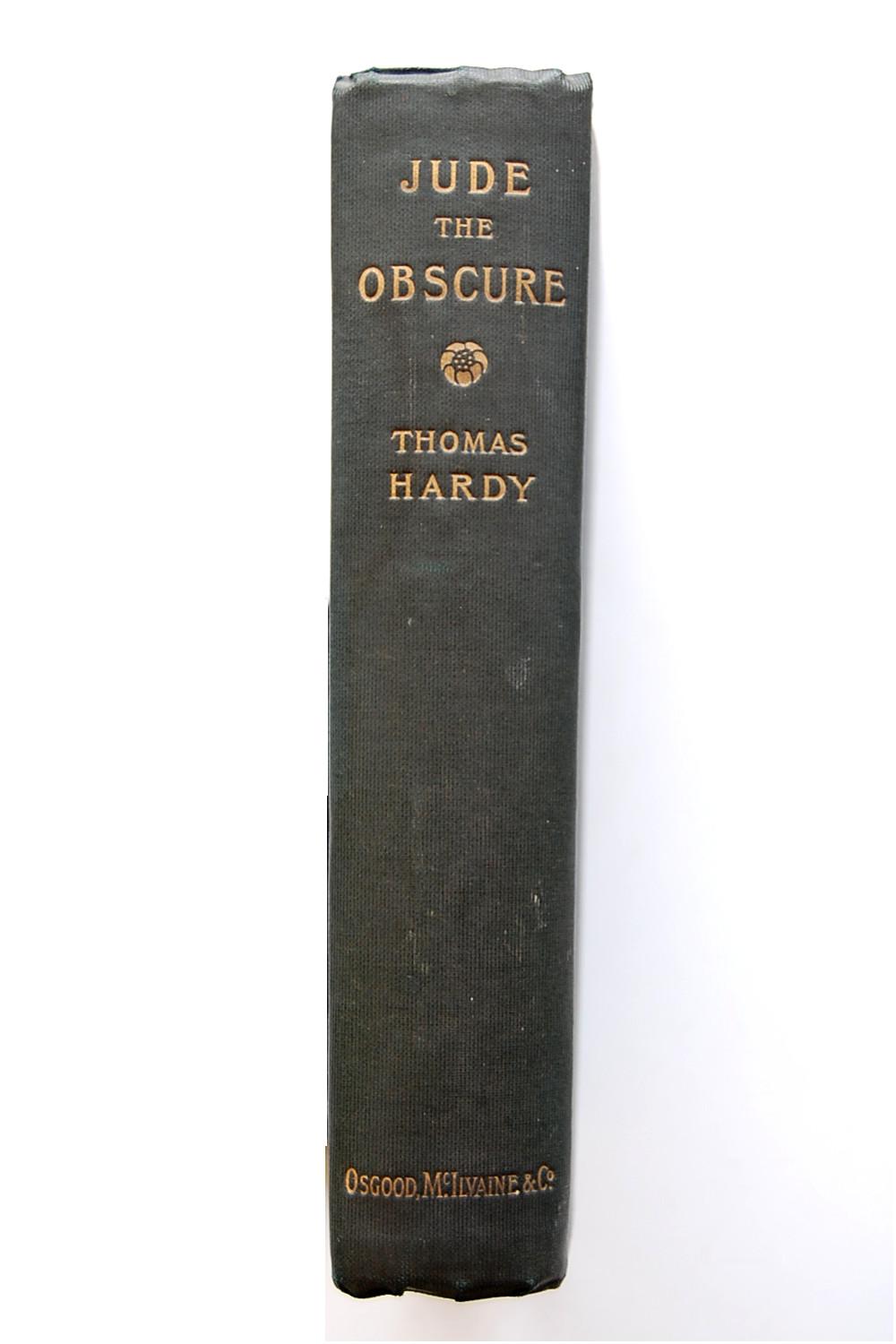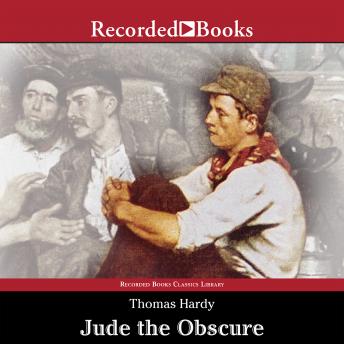


Meanwhile, he apprentices as a stonemason to earn money to fuel his dream. He assumes they’ll look past his impoverished background and welcome him into the university. Jude then teaches himself complex subjects such as classical languages to impress the admissions board and professors at Christminster.

He makes Jude believe that talent, perseverance and ambition are enough to let you achieve your dreams, however poor you are. Jude’s relatives try to dissuade him from these dreams, but his teacher, Mr. Jude wants to study at the local prestigious university, known as Christminster, which is Hardy’s fictional name for Oxford University.

He’s raised by relatives who want him to get a job and earn stable money, but he dreams of bigger things. Jude’s an orphan, and he’s always been poor. The protagonist is a man called Jude Fawley. The book is set in Victorian England in a small town called Wessex, where most of Hardy’s novels are set. Jude the Obscure was his last completed novel. Hardy is best known for his poetry, although he wrote several novels. It began as a magazine serial before its official publication, which was common in the 19th century. The book’s themes of class, marriage, education, and opportunities make it still relevant and relatable today. First published in 1895, it tells the story of a man working as a stonemason who desperately wants to study at university, but he can’t afford the fees because he’s stuck in a loveless marriage. Have an opinion on anything you’ve read in the Guardian today? Please email us your letter and it will be considered for publication in our letters section.Jude the Obscure is a classic novel by Thomas Hardy. For a Hardy novel, that is an unusually happy ending, and it is one without judgment on her as a woman or as a lowly-born illegitimate child – unusual for Victorian Britain. She retains a sense of wonder that, for one whose broken childhood had taught her “happiness was but the occasional episode in a general drama of pain”, her adult life has become one of “unbroken tranquillity”. Elizabeth-Jane, now happily married and comfortable, is “forced to class herself among the fortunate”. Henchard’s journey from disreputable drunk to “man of character” is inextricably linked to his growing appreciation/love of Elizabeth-Jane.īy the end, Henchard is dead. Throughout the novel, we are reminded of her thoughtfulness and intelligence. We see Casterbridge through Elizabeth-Jane’s eyes. Through her and the other women in the novel, Hardy critiques the male worldview. In The Mayor of Casterbridge, he created a strong woman in Henchard’s illegitimate stepdaughter, Elizabeth-Jane, who I believe is the real protagonist.


 0 kommentar(er)
0 kommentar(er)
